
Carl Hubert Maria Freiherr von Wendt (born 21 January 1832; died 11 December 1903) was a German landowner and Center Party politician. [1] [2]

Carl Hubert Maria Freiherr von Wendt (born 21 January 1832; died 11 December 1903) was a German landowner and Center Party politician. [1] [2]
Carl Hubert Maria Freiherr von Wendt attended the Knight Academy in Bedburg. He later studied law in Bonn and Berlin. In 1853, he became a member of the Corps Borussia Bonn. Then, he became government trainee in Münster and government assessor in Arnsberg. He later dedicated himself to managing family property, including the Gevelinghausen Castle. [3] [4]
Carl Hubert Maria Freiherr von Wendt came from the aristocratic Wendt family (from the Papenhausen lineage), and was the son of Franz Freiherr von Wendt (1800-1870) and his first wife Ida Bernhardine Countess von Plettenberg (1806-1834), from the Lenhausen family.
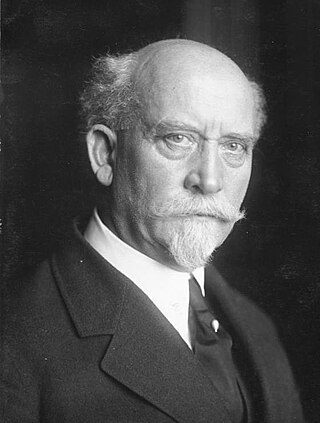
Philipp Heinrich Scheidemann was a German politician of the Social Democratic Party of Germany (SPD). In the first quarter of the 20th century he played a leading role in both his party and in the young Weimar Republic. During the German Revolution of 1918–1919 that broke out after Germany's defeat in World War I, Scheidemann proclaimed a German Republic from a balcony of the Reichstag building. In 1919 he was elected Reich Minister President by the National Assembly meeting in Weimar to write a constitution for the republic. He resigned the office the same year due to a lack of unanimity in the cabinet on whether or not to accept the terms of the Treaty of Versailles.

Georg Friedrich Karl Freiherr von Hertling, from 1914 Count von Hertling, was a German politician of the Catholic Centre Party. He was foreign minister and minister president of Bavaria, then chancellor of the German Reich and minister president of Prussia from 1 November 1917 to 30 September 1918. He was the first party politician to hold the two offices; all the others were non-partisan.
Karl Friedrich von Savigny was a Prussian diplomat, politician, and a leading member of the Centre Party.

This is a list of members of the 4th Reichstag – the parliament of the Weimar Republic, whose members were elected in the 1928 federal election and served in office from 1928 until its dissolution in 1930.

The Reichstag of the German Empire was Germany's lower House of Parliament from 1871 to 1918. Within the governmental structure of the Reich, it represented the national and democratic element alongside the federalism of the Bundesrat and the monarchic and bureaucratic element of the executive, embodied in the Reich chancellor. Together with the Bundesrat, the Reichstag had legislative power and shared in decision-making on the Reich budget. It also had certain rights of control over the executive branch and could engage the public through its debates. The emperor had little political power, and over time the position of the Reichstag strengthened with respect to the Bundesrat.

The Reichstag of the North German Confederation was the federal state's lower house of parliament. The popularly elected Reichstag was responsible for federal legislation together with the Bundesrat, the upper house whose members were appointed by the governments of the individual states to represent their interests. Executive power lay with the Bundesrat and the king of Prussia acting as Bundespräsidium, or head of state. The Reichstag debated and approved or rejected taxes and expenditures and could propose laws in its own right. To become effective, all laws required the approval of both the Bundesrat and the Reichstag. Voting rights in Reichstag elections were advanced for the time, granting universal, equal, and secret suffrage to men above the age of 25.

Mayer Carl Freiherr von Rothschild was a German Jewish banker and politician, as well as scion of the Rothschild family.

Adolf Hermann Wilhelm Hagen was a public official in Prussia. He was also a banker and a liberal politician.
Moritz Klotz was a Berlin judge who became a politician in Prussia and, after 1871, in Germany.
Otto Bähr was a German legal scholar and liberal parliamentarian.
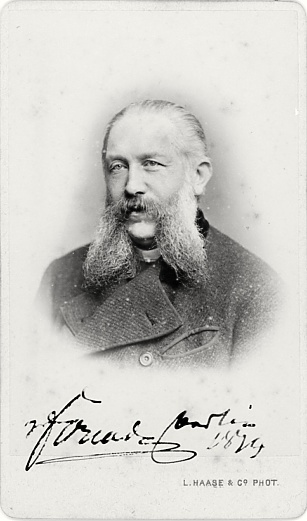
Christoph Ernst Friedrich von Forcade de Biaix was a German Rittergut owner, Appellate Court Judge in Hamm, Supreme Court Judge in Berlin and Member of parliament in the German Reichstag.
Georg Wendt was a German politician and member of the Social Democratic Party (SPD) and Socialist Unity Party (SED).
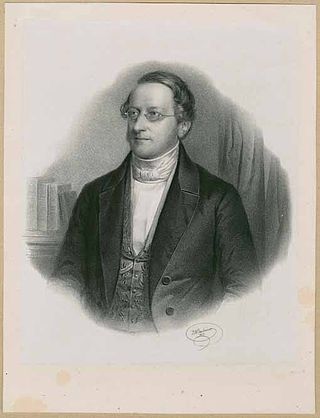
Karl Ignatz Freiherr von Schrenck was a Bavarian administrative lawyer and a deputy in Bavaria who served for a time as Minister-President of Bavaria.
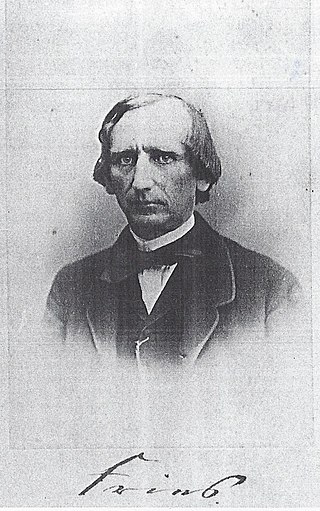
Hugo Friedrich Fries. sometimes spelt Frieze, was a German judge, and son of Jakob Friedrich Fries. Before and after the founding of the German Reich, he was a member of the Reichstag. His son, Otto Fries (1849–1905), a forester, was also a member of the Reichstag.

August Karl Graf von Dönhoff-Friedrichstein was a Prussian nobleman, diplomat and politician.

Praschma or Pražma is a Moravian noble family.
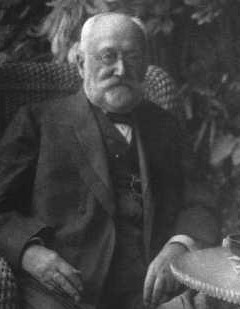
Franz von Ballestrem was a German entrepreneur, manager and politician for Centre Party.

Otto von Helldorff was a German politician for German Conservative Party.
Maximilian von Jaunez, commonly known as Max Jaunez, was a French-German industrialist and politician. From 1903 to 1907, he served in the Reichstag of the German Empire and from 1900 to 1917, he served as the General Councilor of Volmunster. Jaunez owned and operated the Utzschneider & Ed. Jaunez ceramics factory in Sarreguemines and was the owner of the Chateau de Rémelfing.
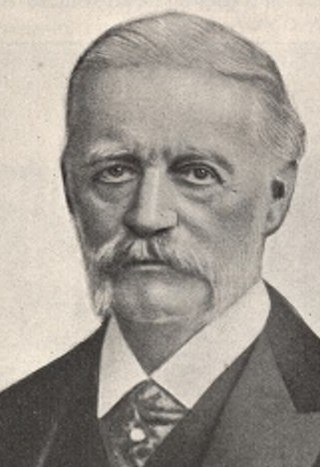
Count Lazarus IV Henckel von Donnersmarck, also spelled Łazarz IV, was a German-Polish politician and landowner. He was a founding member of the Centre Party and sat in the Prussian House of Representatives from 1870 to 1876 and in the Reichstag from 1884 to 1887.
Carl Hubert von Wendt in the database of members of the Reichstag